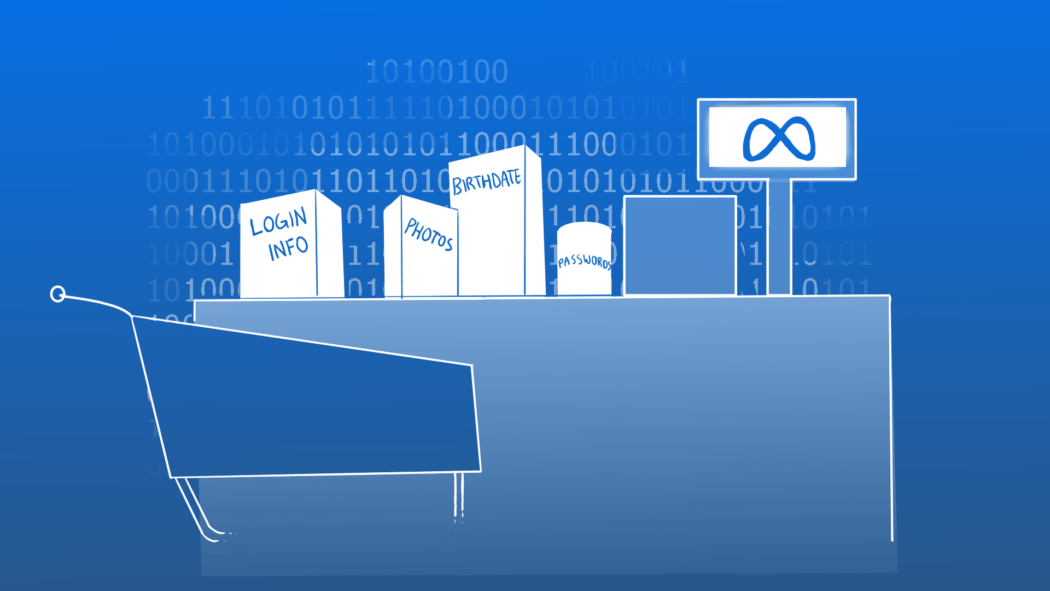Opinion: With Meta, you’re the product
With Meta, you are not using its services for free; you are paying with your privacy and personal information. That very information also has questionable security.
Meta is recently named the parent company of Facebook, Instagram and WhatsApp. All three of these companies primarily profit off advertising. When using Facebook, you the consumer give away your confidential information.
Meta’s ARPU, or average revenue per user, at the end of 2020 was $32.03, meaning your private information and your usage of the platforms is on average worth $32.
In April, over 500 million Facebook users’ logins were leaked onto a hacking forum. The information leaked contained phone numbers, full names, locations and birthdates. Such information can be used to infiltrate other social media platforms or even more private accounts like your bank account. The information could be used for impersonation purposes as well.
Your account login as well as the expansive information stored about you on Facebook is best kept private. More generally, your information on Meta is best kept private.
As you use the applications, information about your interactions is collected: between you, people, pages, groups, hashtags, etc. Information on your financial transactions on the site, duration of viewing a post or add, every comment you make and every picture you like is recorded by Facebook and Instagram on their site.
However, the infiltration does not stop there. Their partner advertisers also use the information for their sites, from what you searched on your web browser to where you plan on traveling. Say you log in to your Spotify using Facebook; Spotify can access the photos you post, as well as your other activity on Facebook.
On Meta’s website, they talked about their progress with confidentiality; they mention the government request for user data has increased 10%, with this past year being over 200,000 requests. This information serves as a reminder: anything you do on social media is recorded and can be used in a court of law. Your actions online reflect who you are offline.
So, at this point, you can see how much information Facebook holds about you, and its ability to give out that information. So why should that matter to you?
Using the information gathered, Facebook creates a profile — without your name and exact identifying characteristics such as general location and likes — and gives the profile to advertisers to create personalized ads for you. Advertisers pay for the resources, information and advertising space.
There are ways to protect the information in question. Facebook and Instagram have specific settings you can go into to remove collected information and prevent specific types such as search history from being used in advertising. You should only do online purchases with credit cards, and check your account after transactions.
Methods such as these help protect the information you give to Meta. Because you are the product, you are not necessarily guaranteed protection. Meta is still a company that can be hacked.
Pravin Poudel, a computer science master’s student at Utah State University, agreed social media does not guarantee the protection of your information and does not work in the users’ best interest.
However, he also said, “Social media is worth it, in exchange for free use,” when referring to using his personal information for profit, “If I had to pay for Facebook — that would be a lot.”
As students, social media can be a relevant tool in our lives. About half of Americans get their news from social media. Thousands of USU students stay up-to-date on student events through Instagram: @usuaggielife current has 37.7 thousand followers and @usuevents has 13.6 thousand followers.
It is ultimately your choice of what’s more important: free resources or privacy?

